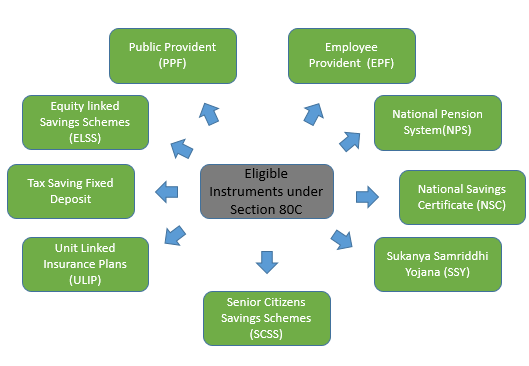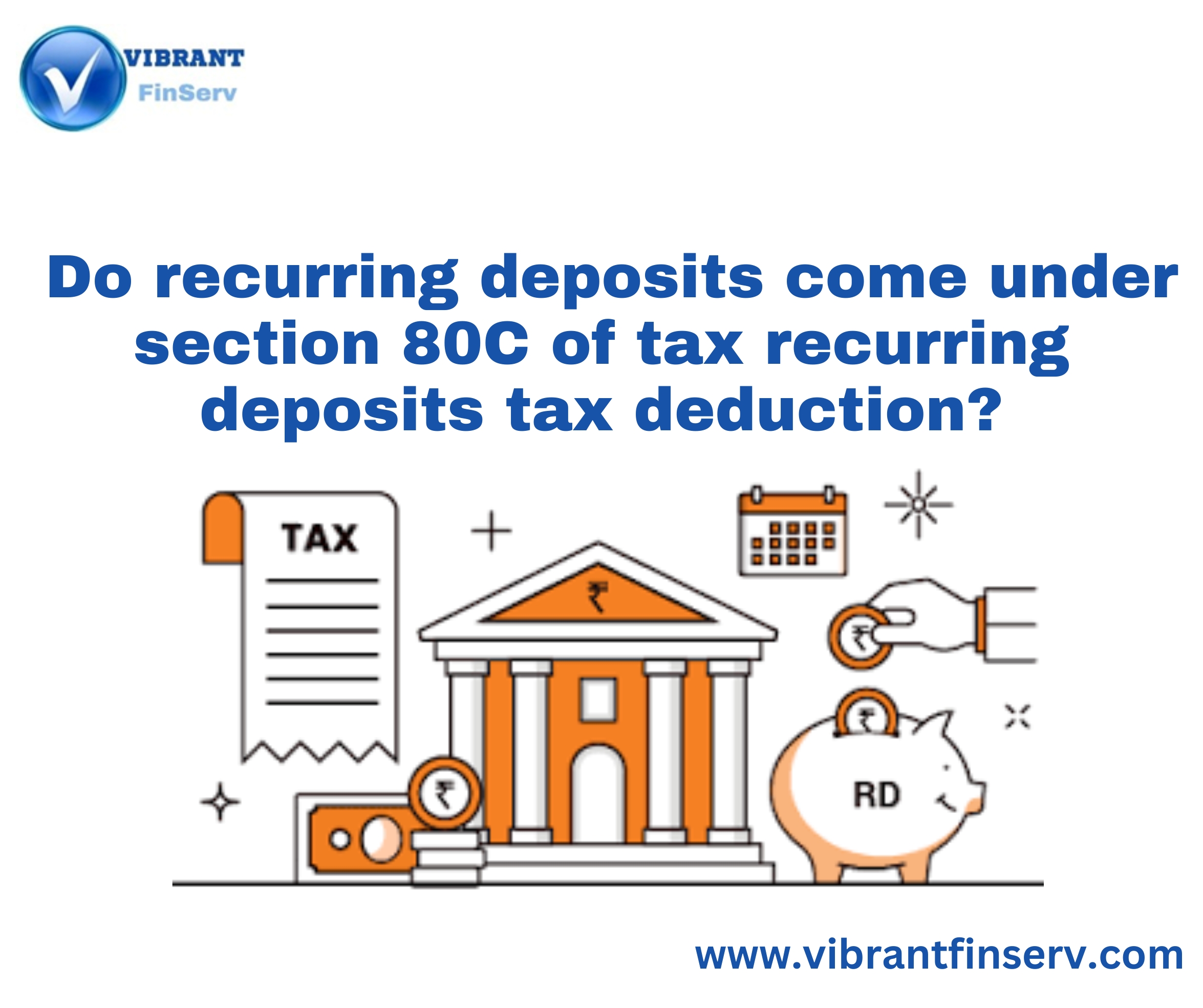Fund Utilization Rate?
Fund Utilization Rate What is Fund Utilization Rate? The Fund Utilization Rate is a key metric that measures how efficiently a business, organization, or project is using its allocated funds. It tells you the percentage of available funds that have been spent, helping to ensure that resources are being used wisely and in line with… Read More »








